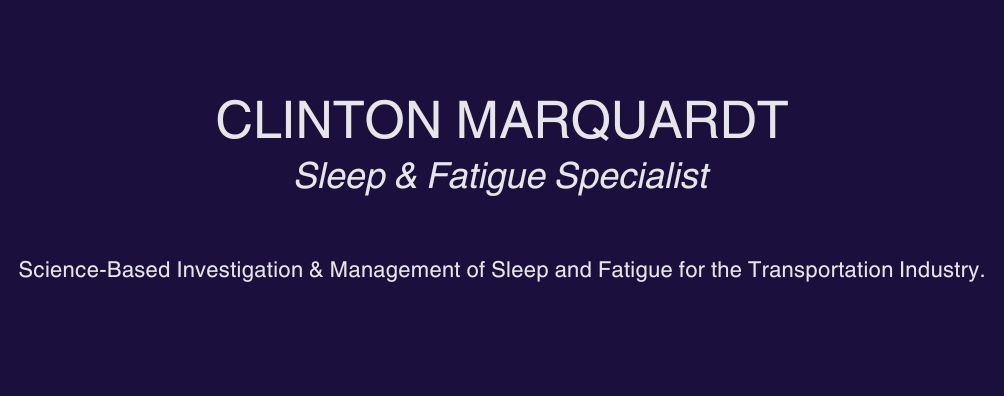Dr. P. Hauri first summarized a set of nine better sleep promoting tips in 1977 and called them Sleep Hygiene. They are a great set of tips for everyone to follow. They will promote better sleep and keep your sleep healthy even if you are stressed out. You can try them on their own or combine them with the Stimulus Control and Sleep Restriction approaches.
Here are the Nine Sleep Hygiene Tips
1.Eliminate time pressure by getting rid of your bedroom clock.
2.Limit your time in bed. This tip is based upon sleep restriction principles. Don’t stay in bed longer in the morning to make up for poor sleep. This way you will be sleepy by bedtime and you will fall asleep more quickly.
3.Never try to sleep. Actively pursuing sleep increases your brain’s arousal level and this decreases the likelihood of sleep. Try to concentrate on something other than trying to sleep while you lie there in bed. Do this as long as you can stay awake. Make sure you are concentrating on something relatively monotonous such as reading or watching television in order to avoid further brain arousal.
4.Exercise late in the afternoon or early in the evening. The timing of exercise is crucial. People sleep better during the naturally occurring core body temperature decreases that are a part of human circadian rhythms. Vigorous exercise leads to an increase in core body temperature which is compensated for by a temperature drop four to six hours later. The goal is to create an artificial temperature trough that occurs at bedtime and aids sleep, so vigorous exercise four to six hours before bed is best.
5.Avoid all stimulants. This includes all sources of caffeine and nicotine. Alcohol should also be avoided because, although it may help you fall asleep initially, it will disrupt your sleep patterns and you will wake up feeling tired and unrefreshed.
6.Go to bed and wake-up at the same time everyday. Human circadian rhythms are not exactly 24 hours. This means that the body does not want to sleep at the same time every night. Younger people have circadian rhythms that are longer than 24 hours. This postpones the time at which they begin to feel tired. Young people must set their wake-up time just slightly before they have had enough sleep. The consistent small amounts of sleep curtailment help younger people fall asleep at the desired time. Elderly people have circadian rhythms that are shorter than 24 hours. This means they feel tired earlier and eventually start going to bed too early. To avoid early bedtimes and then waking up very early in the morning, the elderly must set their bedtime a little later than desired.
7.Eat a light snack before bed. Some researchers feel that digestive hormones have a sedating effect, while others feel that the brain chemical tryptophan being converted into serotonin is involved in promoting sleep. In the very least, a light snack helps to avoid being disturbed by hunger.
8.Explore napping. For some people napping can help; for others it can hinder. If you are going to try napping, keep track of the nap times and quality of your night time sleep. If you notice that your night time sleep worsens, then napping is not for you. The elderly can occasionally benefit from napping. It helps to bolster their total amount of sleep as well as postpone bedtime to a more appropriate hour.
9.Try short term use of sedative-hypnotic medication. Everyday use of sleep medication should be avoided because habituation occurs rapidly and withdrawal from sleep medications can cause rebound insomnia. Try to use your sleep medication only after you have experienced three consecutive nights of poor sleep. On the fourth night, take your medication at the beginning of the night, before attempting to sleep. This will help you get a good sleep right away and will help prevent performance anxiety. You can also take your medication on the night of an important event, such as a wedding or examination. Once again, on these nights take your medication before attempting to sleep.


